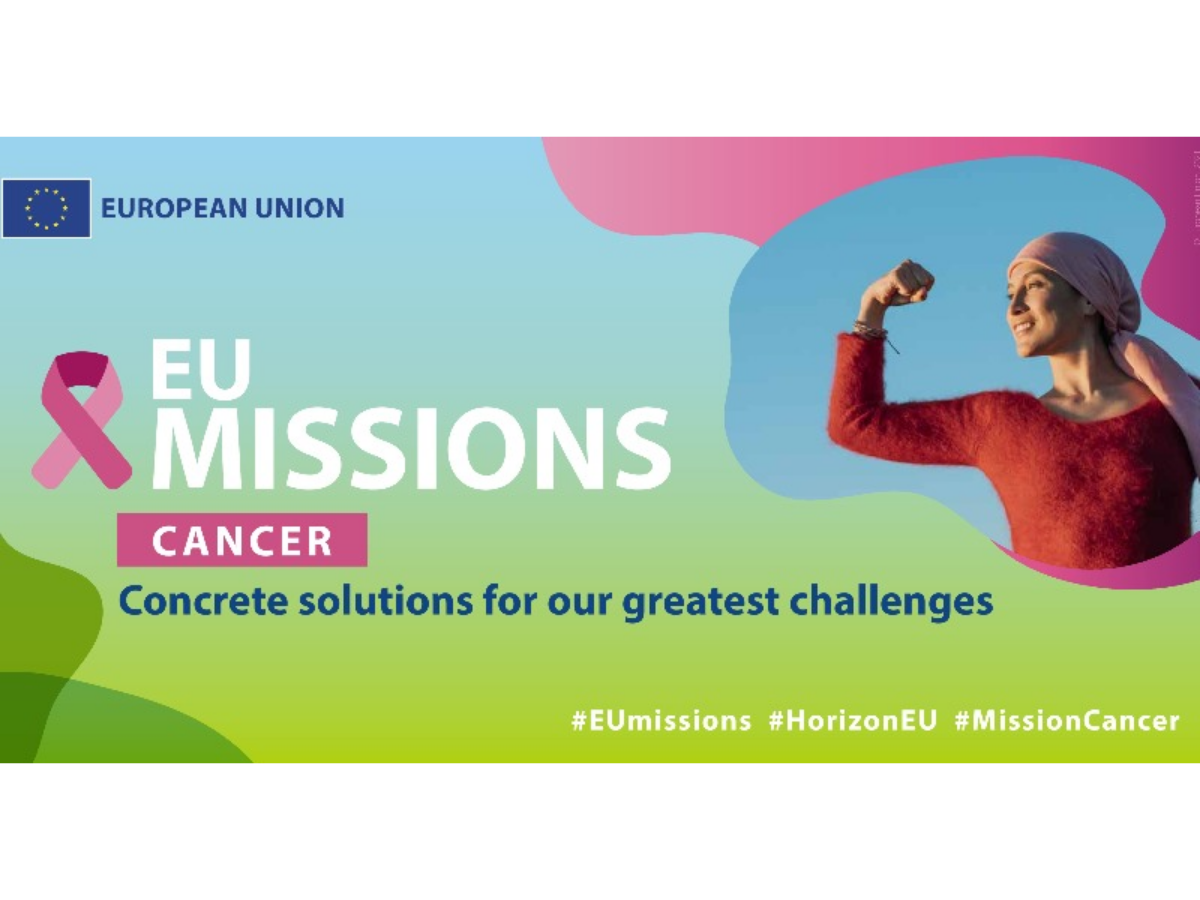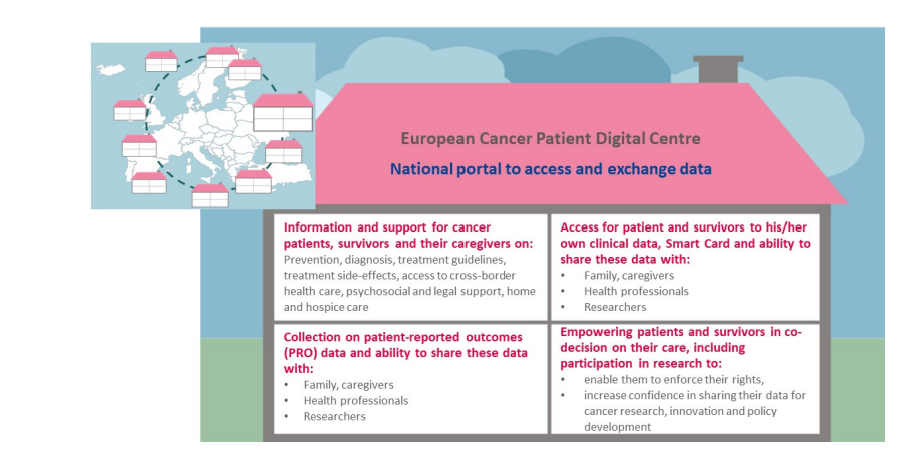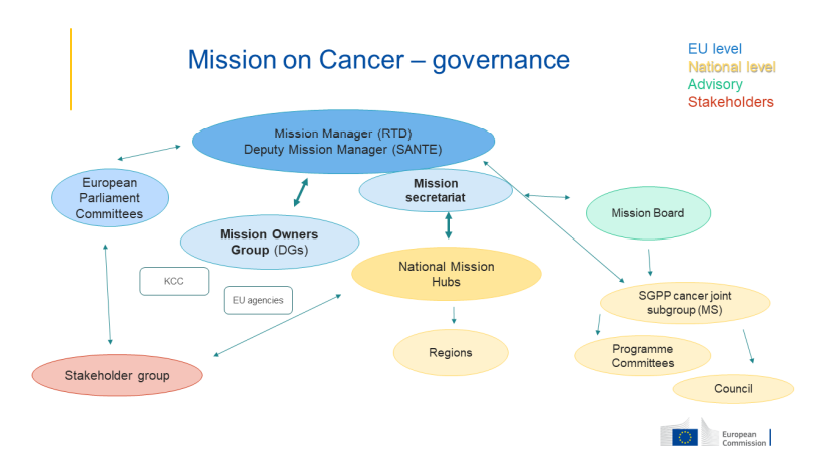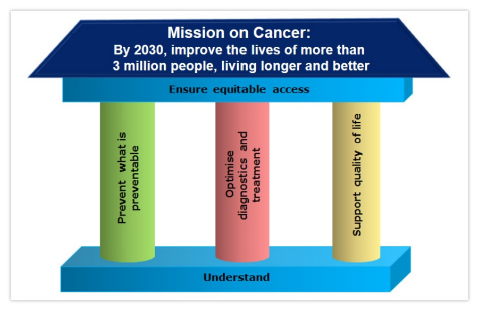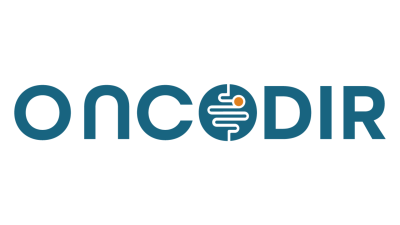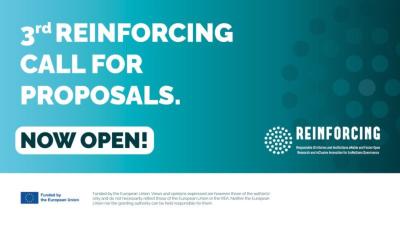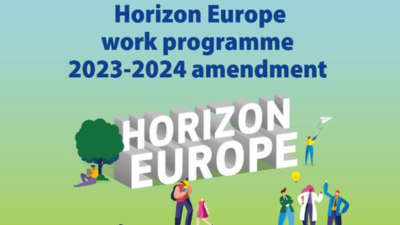A Mission on Cancer
One of the five EU Missions is the Mission on Cancer, which aims to improve the lives of more than 3 million people by 2030 through prevention, cure and for those affected by cancer including their families, to live longer and better.
In June 2020, the interim report on the Cancer Mission was published. The report served as the basis for further discussion and engagement to ensure that the proposed Mission is relevant and will make a real difference. At the European Research and Innovation Days in September 2020, the Mission Board presented its recommendations to the European Commission. Further to this, the Cancer Mission was launched in September 2021 with the publication of its Implementation Plan and factsheet.
The Mission on Cancer aims to improve the lives of more than 3 million people through prevention and cure, as well as support individuals and their families affected by cancer to have longer and better lives by supporting the EU's Beating Cancer Plan. Several initiatives will be established as part of the Mission, including the creation of the EU Platform UNCAN.eu by 2023, to lead to more rapid breakthroughs in understanding cancer, and the European Cancer Patient Digital Centre also by 2023, to empower patients in their care. By 2025 a network of Comprehensive Cancer Infrastructures will be created, enhancing the quality of care and decreasing barriers to access of care.
